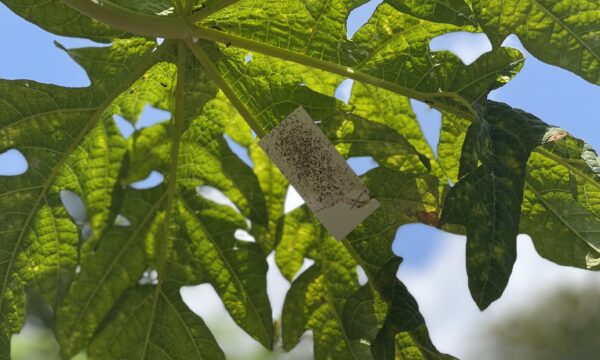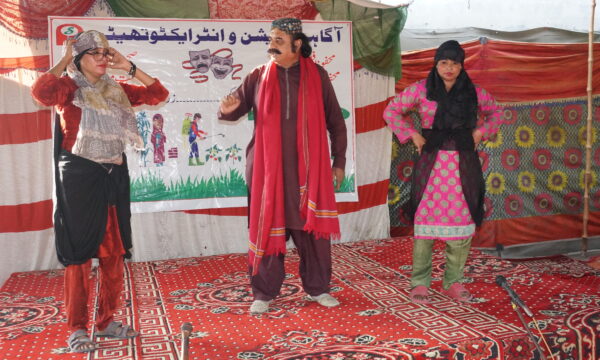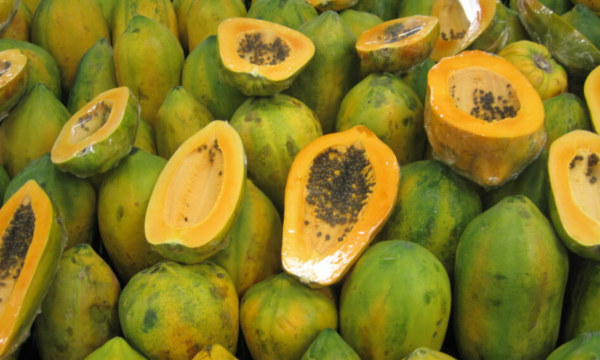
The world population is projected to increase by an additional one billion people by 2030 with Africa and Asia accounting for the greater share of this population growth. According to UN reports, more than half of the world’s population currently live in urban areas. By 2030, it is expected that more than 70 percent of the world population will live in urban areas, especially in developing countries. The steady influx of people to urban areas has significantly increased the demand for food, water and shelter in cities and those who cannot afford these basic amenities are referred to as ’urban poor’.
To meet food security and nutrition targets of the Sustainable Development Goals (SDGs) by 2030, it is imperative that we sustainably intensify food production while reducing the amount of water, land and energy resources utilized by agriculture. As a result, Urban and Peri-urban Agriculture (UPA) – which entails growing, processing and distributing food within or around cities – is a practice worth promoting.
UPA is not a new concept. It has been practiced mainly as part of the informal food sector in both developed and developing regions. This is mainly because sites for UPA farms have not been incorporated into urban planning or food policies. As a result, urban farmers take advantage of empty plots of land, abandoned buildings or tunnels in cities to grow food while peri-urban farmers produce food on unused parcels of land at the margins of cities and sell their produce in city markets or keep them for household consumption.
UPA not only has the potential to contribute to food security directly but could also build resilience into food systems of individual households as well as the collective urban food system. This is mainly because it serves as a buffer between local food demand and global food supply from international markets especially in cases of price hikes or supply disruptions. Without this buffer, the urban poor are more susceptible to fall into food insecurity and hunger.
Growing food in and around cities could be a gainful source of employment for the increasing number of urban unemployed people as well as rural farmers. UPA provides an opportunity for farmers to earn premium prices for organic or locally produced foods in urban ‘niche’ market. Also, local and regional urban markets represent a good stepping stone for rural smallholders into bigger, international value chains which could otherwise be difficult to break into.
Producing food closer to consumption areas shortens food supply chains and reduces the energy invested in food distribution especially during transportation and storage. Furthermore, growing food on the peripheries of cities could be a productive means of recycling nutrients. With declining phosphorous reserves, using treated municipal waste for food production in UPA farms could effectively close the nutrient loop of the phosphorus cycle.
Although UPA could potentially contribute to global food and nutrition security, certain knowledge and skill gaps need to be bridged to ensure its sustainability. Urban and peri-urban farmers need improved knowledge and capacity to understand the interaction between farming, urbanisation and other sectors of the economy. They also need to be able to access good agricultural practices to address environmental concerns like water, air and land pollution. Plant health clinics can serve as a means of bridging this knowledge gap by providing information and support for the prevention of yield losses. Also, sensitising the general public on the need to promote household food security by growing food in container gardens represents another interesting opportunity for us to explore in relation to meeting the food demand of the future.
4 Comments
Leave a Reply
Related News & Blogs
‘Sowing the seeds’ for food security in Uganda: CABI supports training for Quality Declared Seed production
CABI has been working with Zirobwe Agali-Awamu Agribusiness Training Association (ZAABTA), the Ministry of Agriculture, Animal Industry and Fisheries (MAAIF), the National Agricultural Research Organisation (NARO), and Integrated Seed Sector Developmen…
21 May 2025





[…] Tackling food security with urban agriculture, Plantwise Blog […]
[…] Tackling food security with urban agriculture, CABI Plantwise […]
Reblogged this on CareSA.
Taking a huge problem and breaking it down to bite size pieces may be one solution to hunger and poverty alleviation in Africa ?